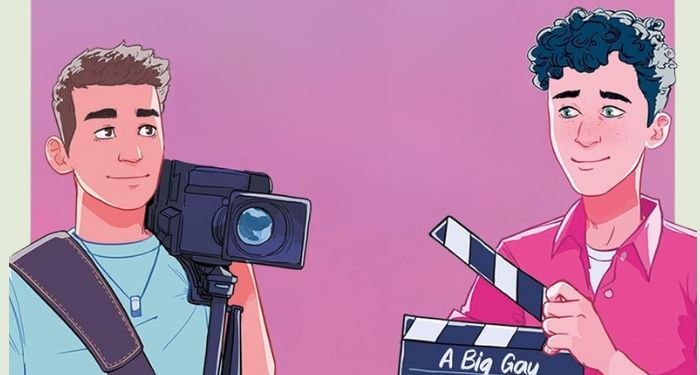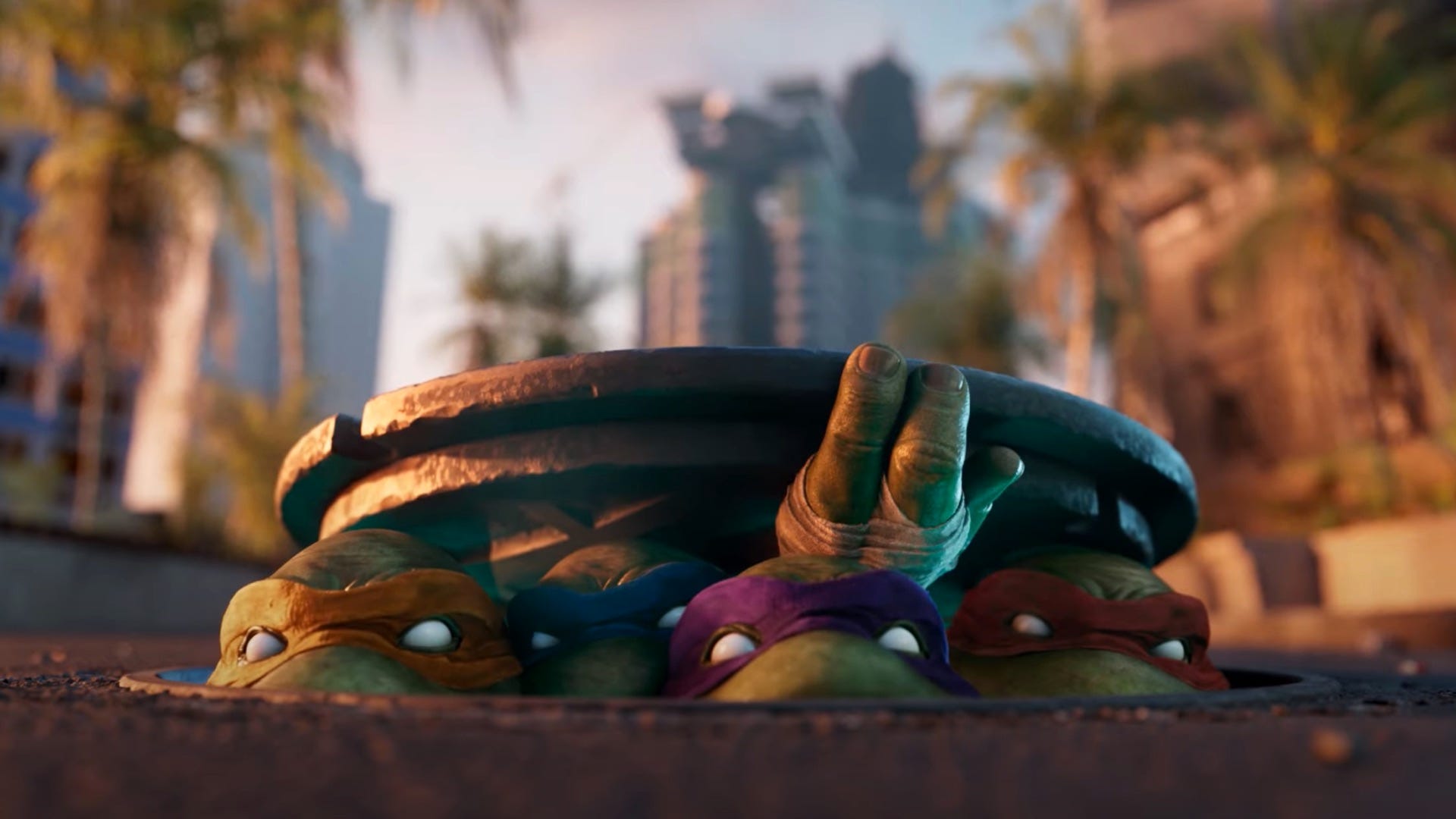 TODAY: In 1895, Oscar Wilde’s final play, The Importance of Being Earnest, opens at the St. James Theatre in London.
TODAY: In 1895, Oscar Wilde’s final play, The Importance of Being Earnest, opens at the St. James Theatre in London.
This week on The Lit Hub Podcast: tips for dating apps and starting bookstores, featuring Chloé Caldwell, Calvin Kasulke, K. Kerimian, and Drew Broussard. | Lit Hub Radio
Angelica Mazza considers the romance novel’s mainstream moment: “Romance can do all those things, too, but its primary goal is pleasure and satisfaction and enjoyment. I think we struggle, as a culture, to see that as a valuable way to spend your time.” | Lit Hub Criticism
“It seemed like a type of loyalty to my protagonist. Refusal to give up.” Roisín O’Donnell on developing a short story into a novel. | Lit Hub Craft
Anne Tyler’s Three Days in June, Lyndal Roper’s Summer of Fire and Blood, and Charlotte Wood’s Stone Yard Devotional all feature among the best reviewed books of the week. | Book Marks
“Only that which does not teach, which does not cry out, which does not condescend, which does not explain, is irresistible.” Eric Olson talks to Charlotte Wood. | Lit Hub In Conversation
Sam Mills makes the case for visual artistic experimentation in literature. | Lit Hub Craft
“White supremacy doesn’t just want Black people to suffer, it wants us to suffer alone.” Chad Sanders on learning to process the societal and psychological effects of anti-Blackness. | Lit Hub Memoir
David Hajdu chronicles how the synth conquered American music. | Lit Hub Music
Read “Joined To All The Living There Is Hope,” a poem by Jonathan Fink from the collection Don’t Do It, We Love You, My Heart. | Lit Hub Poetry
Take a peak at the colorful, illustrated envelopes Edward Gorey sent to his friend Tom Fitzharris. | Lit Hub Art
“Once he knew she’d do it, he put his foot down and drove his father’s car through narrow roads, fielded on each side.” Read from Bridget O’Connor’s story collection, After A Dance. | Lit Hub Fiction
“Its criminal testimony is indisputable:” Michael Barron on Oromay, the novel that cost Ethiopian author Baalu Girma his life. | The Baffler
Vrinda Jagota revisits Rupi Kaur’s milk and honey, ten years on. | Los Angeles Review of Books
“The suffering was boundless. Questions raised threateningly at existence itself could not be answered; bitter resentments spurted out and piled up.” Poet Muhammad al-Zaqzouq recounts the first weeks of the war in Gaza. | New York Review of Books
Matthew Porges asks: what is an authentic spy novel? | n+1
“Like it or not, it has become easier than ever for all of us to be recognized.” Benjamin Ehrlich on love and recognition. | The Paris Review
Jessica Winter examines what attacks on public education mean for children with disabilities. | The New Yorker











 Bengali (Bangladesh) ·
Bengali (Bangladesh) ·  English (United States) ·
English (United States) ·